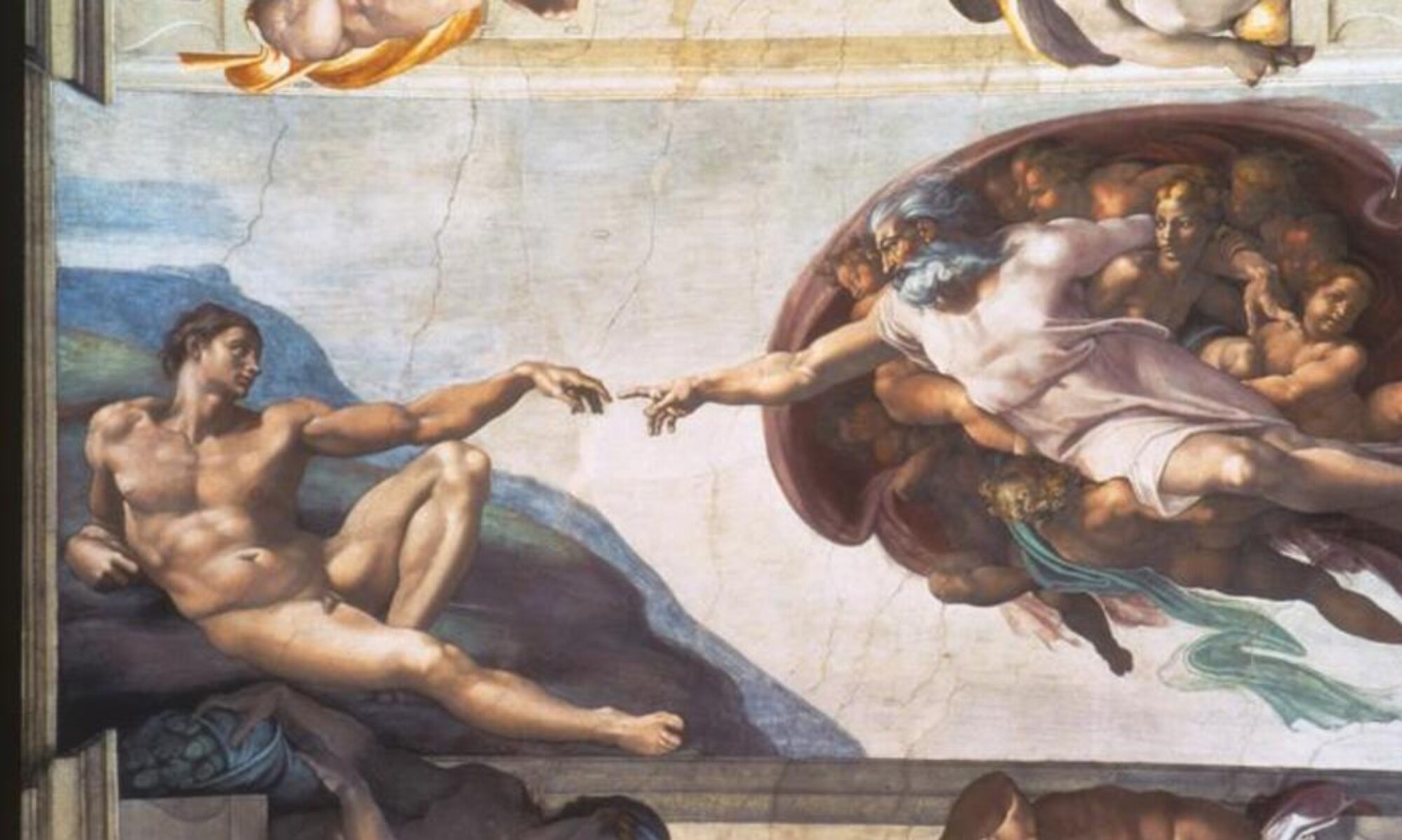🧱 How to Make Hempcrete (Hemp Concrete)
🔹 Materials Needed
- Hemp hurds (shives) → chopped woody core of the hemp stalk (particle size ~5–25 mm).
- Binder → hydrated lime, natural hydraulic lime (NHL), or lime-pozzolan mix (some recipes add ~10% Portland cement, but pure lime is more traditional and eco-friendly).
- Water → clean, potable.
Typical Ratio (by volume):
- 1 part binder
- 1.5 parts hemp hurds
- 3 parts water
(Some builders adjust to 1:3:1.5 binder:hemp:water depending on density and application.)
🔹 Tools Needed
- Large mixing container (wheelbarrow, concrete mixer, or paddle mixer)
- Measuring buckets
- Shovel or mixing paddle
- Molds or formwork (for blocks, walls, or panels)
- Protective gear (gloves, dust mask, safety glasses – lime is caustic)
🔹 Step-by-Step Instructions
- Prepare Materials
- Make sure hemp hurds are dry and clean.
- Pre-measure binder and water for consistency.
- Mix the Binder and Water
- Slowly add water to the lime binder while stirring until it becomes a smooth, workable paste.
- The mix should be moist but not soupy.
- Add Hemp Hurds
- Gradually add hemp hurds to the lime-water mix.
- Stir gently so the lime coats the fibers evenly.
- Do not overmix – it can break down the hurds.
- Check Consistency
- The mixture should clump together when squeezed, but not drip water.
- Adjust water if needed (too dry → add a little water, too wet → add more hemp).
- Place into Formwork
- Pour or hand-place the hempcrete into molds, block forms, or wall shuttering.
- Lightly tamp down by hand or with a stick – just enough to remove air pockets.
- Do not compress too much, as hempcrete needs air gaps for insulation and breathability.
- Curing
- Remove forms after 1–2 days (if making blocks).
- Allow to cure at least 4–6 weeks before applying plaster, render, or load.
- Protect from rain and frost during curing (cover with breathable sheets).
🔹 Key Properties
- Lightweight and insulating (R-value varies with density).
- Fire-resistant.
- Mold and pest resistant.
- Carbon-negative: lime absorbs CO₂ during curing.
🧱 DIY Small-Batch Hempcrete (Home / Experiment Size)
Materials (for ~1 block, 30 × 30 × 15 cm)
- Hemp hurds: ~6 liters (about a small bucket)
- Binder (hydrated lime or NHL): ~2 liters
- Water: ~4 liters
Tools
- 1 mixing bucket or wheelbarrow
- Shovel or paddle mixer
- Simple wooden mold (can be a box with no top or bottom)
- Gloves, mask, goggles (lime safety)
Steps
- Mix binder + water until smooth paste.
- Add hemp hurds gradually, stir until coated.
- Fill mold with mixture, lightly tamp (don’t compress hard).
- Leave in mold 1–2 days, then carefully remove.
- Cure in a dry, ventilated place for 4–6 weeks.
👉 After curing, you’ll have a lightweight insulating block you can test.
🏗️ Industrial-Scale Hempcrete (Construction Use)
Materials (per cubic meter of hempcrete)
- Hemp hurds: 100–120 kg
- Binder (lime mix or NHL): 220–250 kg
- Water: 200–250 liters
(Exact ratios vary depending on density needed – wall insulation vs. structural infill.)
Equipment
- Industrial lime mixer or pan mixer (not a drum cement mixer — it can break hemp fibers)
- Conveyor or pumping system for large pours
- Shuttering/formwork for walls or block-making molds
- Forklift/pallet system for block curing and storage
Steps
- Pre-mix binder + water in large industrial mixer.
- Add hemp hurds in batches, mix just enough for even coating.
- Deliver mixture into wall formwork or molds using conveyors/pumps.
- Light tamping to eliminate air voids but preserve breathability.
- Curing
- Keep protected from direct rain/sun.
- Curing time ~6–8 weeks for full strength.
- CO₂ absorption continues for months, improving durability.
Scaling
- Continuous mixing systems allow on-site spraying of hempcrete into wall cavities.
- Industrial block production lines can press, demold, and cure thousands of hempcrete blocks for construction markets.
⚡ Comparison:
| Aspect | DIY / Small Batch | Industrial / Large Scale |
|---|---|---|
| Batch size | 1 block or a few liters | 1 m³ = enough for ~4 m² wall |
| Mixing tool | Bucket + shovel | Pan mixer / continuous spray system |
| Cost | Low, home experiment | Higher, but scalable and commercial |
| Cure time | 4–6 weeks | 6–8 weeks (walls dry slower than blocks) |
| Application | Small eco-projects, testing | Full homes, insulation systems, prefabs |



